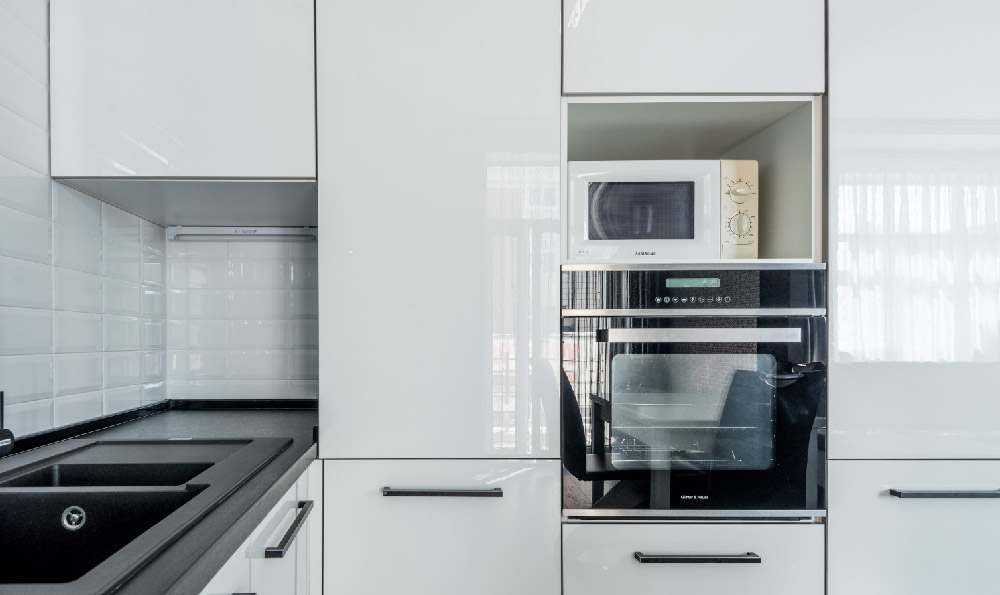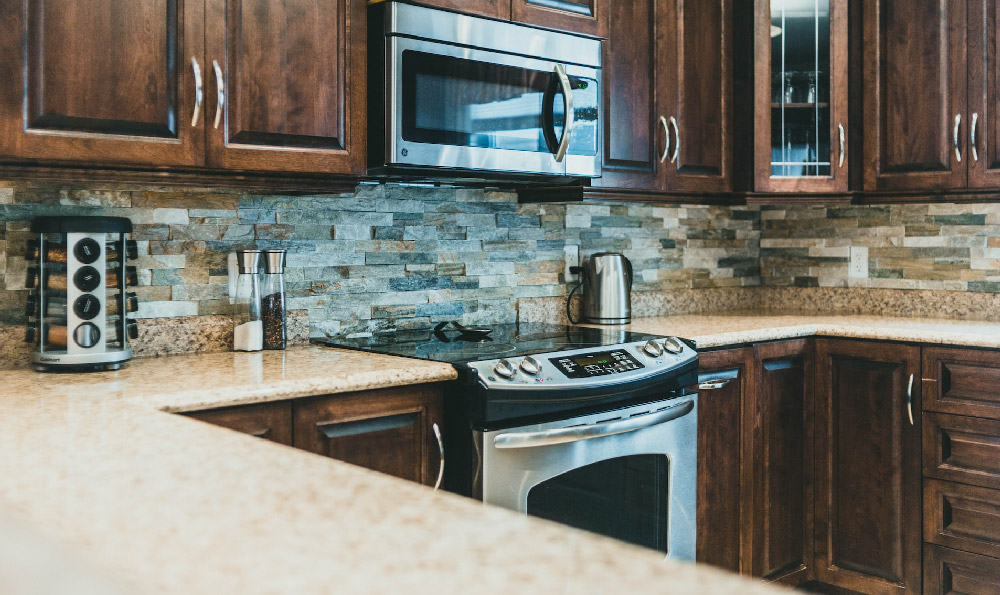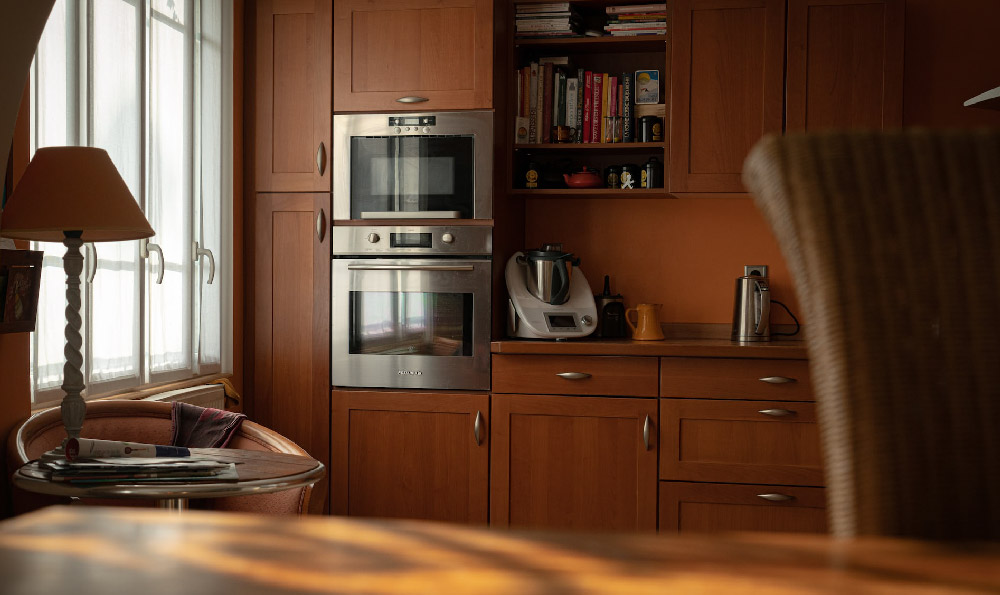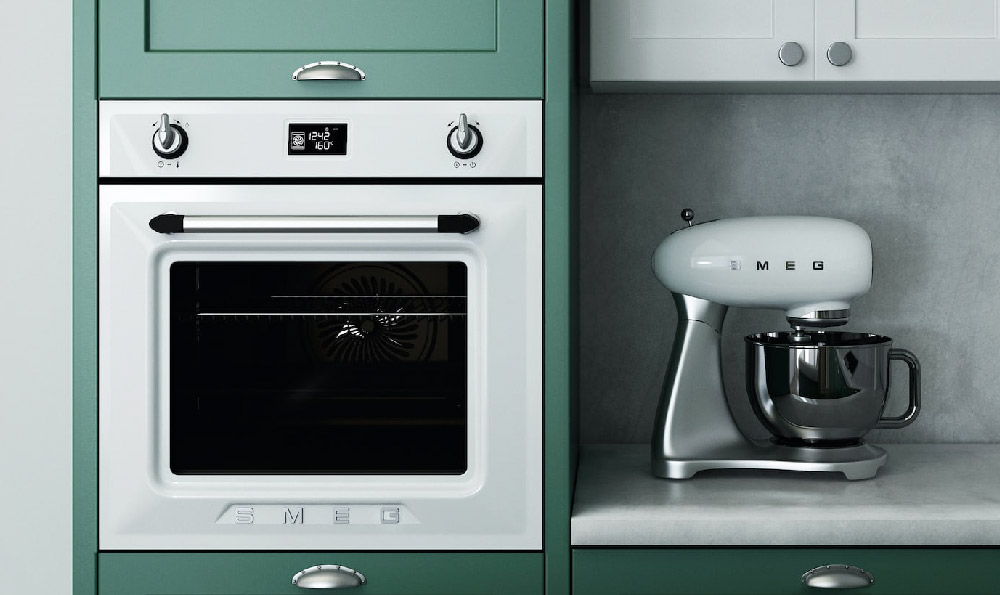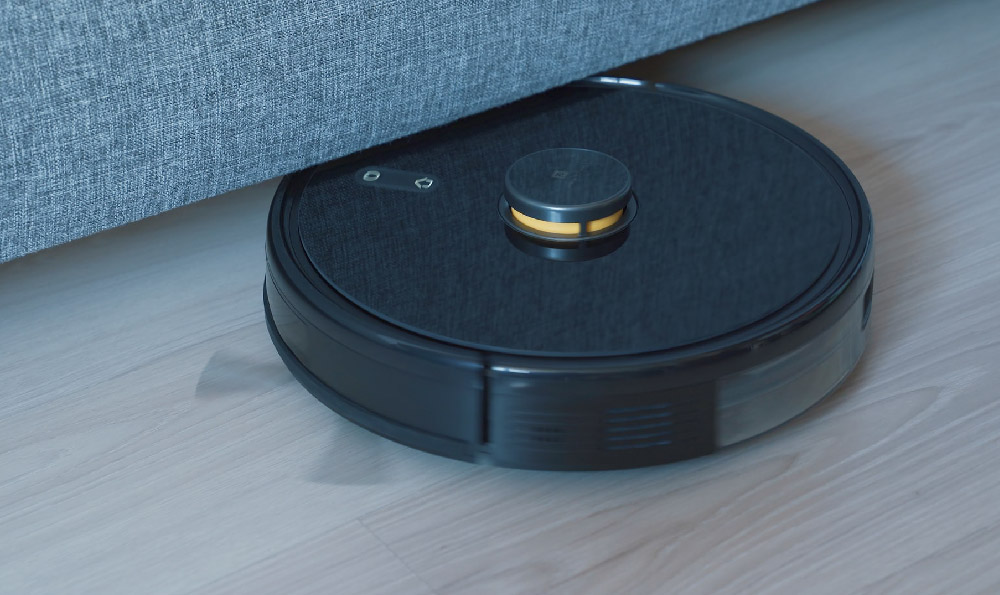
家居安全是每个家庭都应该关注的重要问题。随着社会的发展和科技的进步,智能家居防盗报警系统成为了一种有效的保护家庭安全的手段。根据数据显示,每年全球范围内都有大量的入室盗窃案件发生,给家庭和个人带来了巨大的财产损失以及心理压力。而智能家居防盗报警系统的设计,正是为了解决这一问题。
二、智能家居防盗报警系统的设计原理
智能家居防盗报警系统是通过多种技术手段实现对家庭安全的实时监控和预警。该系统通过安装门窗传感器、红外传感器等设备,实现对家庭入侵的检测和报警。系统还可以与门锁、摄像头等设备进行联动,实现对家庭的全方位监控和警报。该系统可以通过手机APP等方式将报警信息及时推送给家庭成员,提高家庭应对突发情况的能力。
三、智能家居防盗报警系统的优势和应用场景
智能家居防盗报警系统相比传统的安全防护设备具有很多优势。该系统可以实现远程监控和控制,方便用户随时随地监控家庭安全情况。系统可以联动其他智能设备,如智能门锁、智能灯光等,提高家居安全的整体性能。该系统还可以通过智能学习算法对家庭安全进行分析和预测,提供更加智能化的安全解决方案。
智能家居防盗报警系统适用于多种场景,如住宅、公寓、办公室等。无论是家庭用户还是商业用户,都可以根据自己的需求选择适合的系统,并通过智能化的方式提高安全防护水平。
四、智能家居防盗报警系统的发展趋势
智能家居防盗报警系统在市场上得到了广泛的应用和认可,但也面临着一些挑战。系统的安全性和隐私保护问题需要得到更好的解决。系统的可扩展性和兼容性也需要进一步提高,以适应不同用户的需求。技术的创新和进步也将推动智能家居防盗报警系统的进一步发展,如人脸识别、声音识别等技术的应用。
智能家居防盗报警系统是一种重要的家居安全保护设备,通过多种技术手段实现对家庭安全的监控和报警。该系统具有远程监控、联动控制、智能分析等优势,并适用于多种场景。系统仍面临一些挑战,需要在安全性、可扩展性和技术创新等方面加以改进。随着科技的进步和社会的发展,智能家居防盗报警系统有望在未来发挥更大的作用,为家庭和个人提供更加安全的生活环境。
一篇关于智能家居的英语作文
Title Smart Homes Revolutionizing the Future
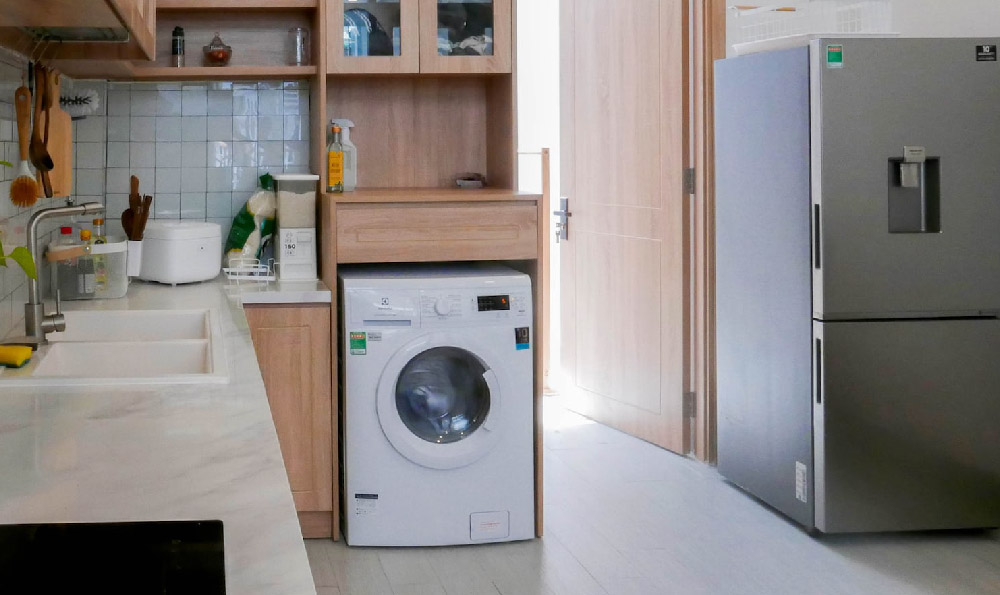
Introduction
Smart homes, a cutting-edge concept in the field of technology, have gained tremendous popularity in recent years. This article presents an objective and informative overview of the smart home industry. By relying on facts and data, this article aims to shed light on the benefits, functionality, and future prospects of smart homes. Whether you are a tech enthusiast or simply curious about the latest advancements, this article is sure to provide you with valuable insights.
Smart Home Technology A Game Changer
With the advancement of technology, smart homes have evolved into an integral part of our everyday lives. By seamlessly integrating various devices and appliances, these homes offer convenience, efficiency, and enhanced security. Automated lighting, thermostats, and voice-controlled assistants are just a few examples of the wide range of features that smart homes provide. This technology has not only improved the quality of life for homeowners but has also opened up new possibilities for sustainable living.
Expanding Connectivity The Internet of Things (IoT)
A significant factor behind the growth of smart homes is the expansion of connectivity through the Internet of Things (IoT). This revolutionary concept enables devices to seamlessly communicate and share data, resulting in a truly interconnected ecosystem. By leveraging IoT, smart homes can optimize energy usage, monitor health, enhance safety, and provide personalized experiences. The potential for innovation in the smart home sector is vast, and its implications extend beyond the residential domain.
Security and Privacy Concerns Addressing the Challenges
While the benefits of smart homes are undeniable, security and privacy concerns are among the key challenges facing this industry. With the increasing number of connected devices, the risk of cyberattacks and unauthorized access becomes more significant. However, the industry has been proactive in addressing these concerns by implementing robust security measures and privacy protocols. Continued advancements in encryption and authentication technologies will play a crucial role in ensuring the safety and privacy of smart homes.
The Future of Smart Homes A Promising Outlook
Looking ahead, the future of smart homes is undeniably promising. As technology continues to evolve, the possibilities for innovation are endless. Artificial intelligence (AI) and machine learning will play a pivotal role in enhancing the capabilities of smart homes, enabling them to adapt to users' preferences and anticipate their needs. Moreover, the integration of renewable energy sources and smart grids will contribute to sustainable living and reduced energy consumption. With the increasing adoption of smart home technology worldwide, this industry is set to revolutionize the way we live.
Conclusion
Smart homes have emerged as a significant technological advancement, offering convenience, efficiency, and improved security. With the continuous expansion of connectivity and advancements in technology, the future of smart homes appears promising. However, addressing security and privacy concerns remains a top priority. As we move towards a more interconnected world, smart homes are set to redefine the way we interact with our living spaces and shape the way we live in the future.
智能家居防盗报警系统的设计
一、智能家居防盗报警系统的重要性
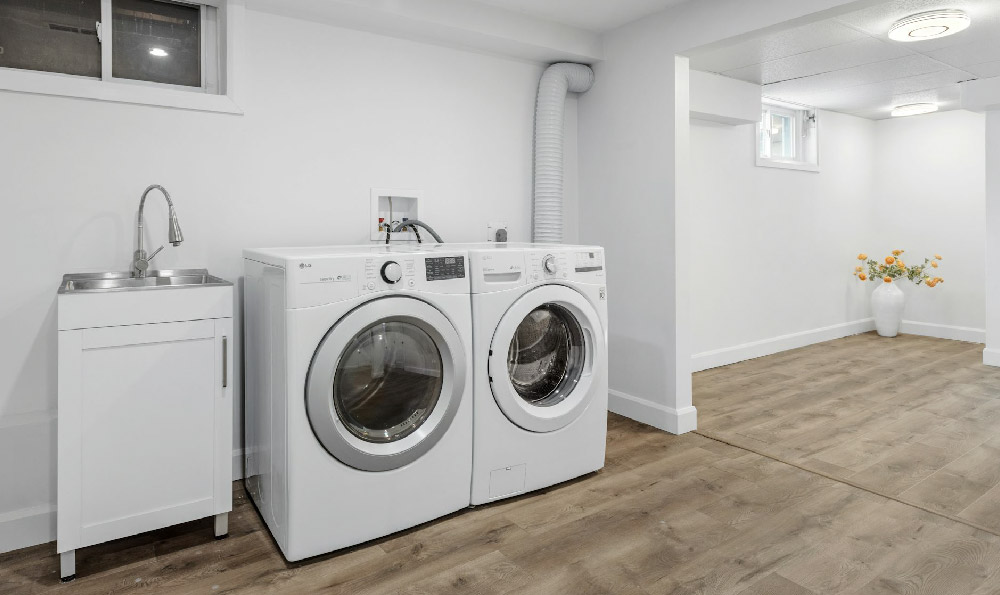
现代社会,随着科技的不断进步,智能家居防盗报警系统逐渐成为人们生活中必不可少的一部分。这一系统可以有效地保护家庭财产的安全,提供安心的居住环境。智能家居防盗报警系统的设计主要基于以下几个方面的考虑:警戒范围的全面性、报警反应的准确性、报警系统的可靠性和灵活性等。下文将就这些方面进行详细介绍。
二、警戒范围的全面性
智能家居防盗报警系统的设计应能覆盖整个住宅区域,包括室内和室外。室内的警戒范围应包括各个房间、楼梯、走廊等,而室外的警戒范围则包括庭院、花园、车库等。这样一来,无论是家人在家中还是外出时,都能得到全方位的保护。智能家居防盗报警系统还应加入防盗门窗传感器、红外感应器等装置,以确保系统的全面性和灵敏性。
三、报警反应的准确性
智能家居防盗报警系统的设计应能准确地判断何时发生了入侵行为,并及时通过声光警报或手机短信等方式进行报警。在设计过程中,应结合实际情况设置合理的触发条件,以避免误报或漏报。利用先进的图像识别技术和人工智能算法,系统可以实时检测异常情况并及时作出反应。这样的设计不仅可以提高系统的报警准确性,还可以减少不必要的干扰和误解。
四、报警系统的可靠性和灵活性
智能家居防盗报警系统的可靠性和灵活性是设计的关键点。系统应具备高可靠性,即在恶劣环境下也能正常运行,如电力故障或通信中断等。系统还应具备灵活性,可以兼容多种传感器设备,并支持远程控制和监控。用户可以随时随地通过手机或电脑等终端设备对智能家居防盗报警系统进行控制和管理,提高使用的便捷性和舒适度。
智能家居防盗报警系统的设计对于家庭安全至关重要。通过全面覆盖警戒范围、准确报警反应、可靠灵活的系统设计,智能家居防盗报警系统可以有效地保护家庭财产,提高居住安全。随着技术的不断进步和智能家居概念的普及,相信智能家居防盗报警系统将在未来得到更广泛的应用和发展。






